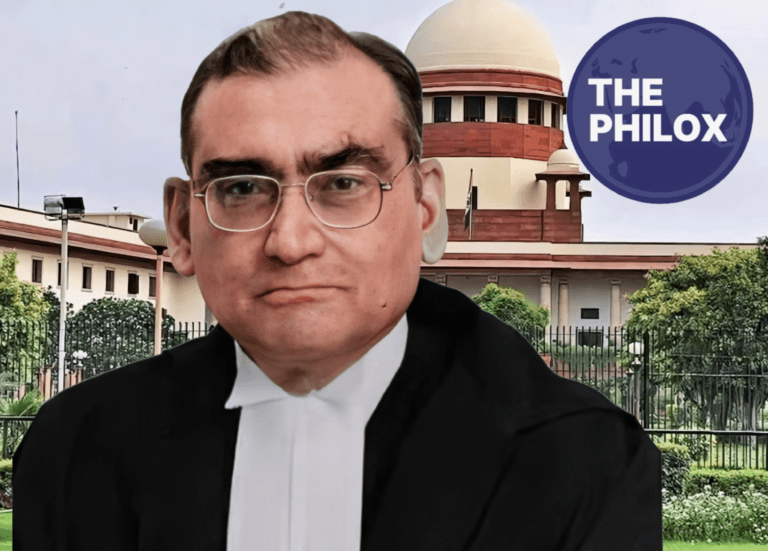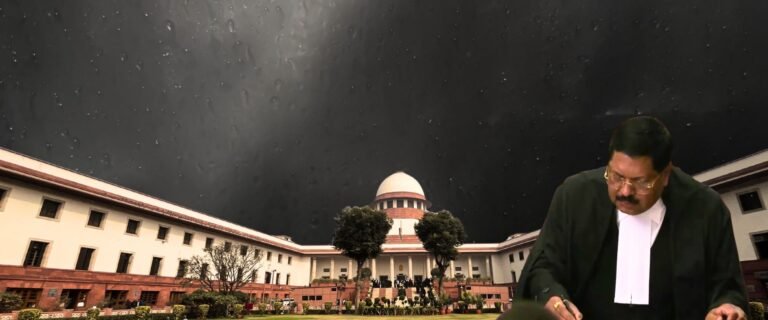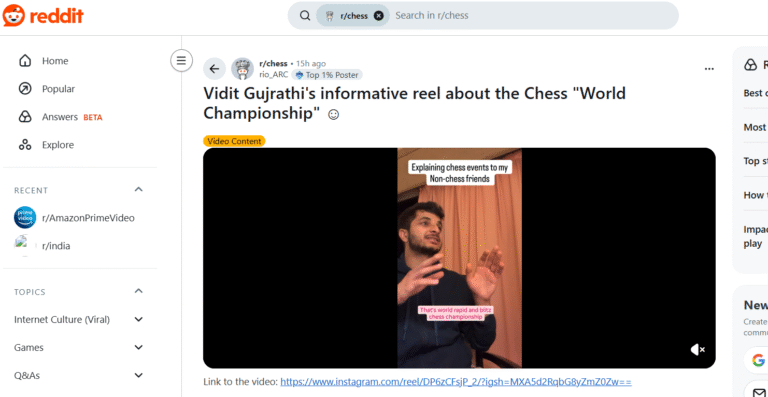
Dhruv Rathee Shahrukh Khan
Social commentator and YouTuber Dhruv Rathee has once again been in the middle of the gossiping after attacking Bollywood megastar Shah Rukh Khan who endorsed a pan masala brand. Rathee in a recent video has condemned Khan as promoting a product that is largely linked to oral cancer, citing it as a disappointment to see the largest star in India give his fame to such an advertisement.
Although Rathee was right in making such statements, what came out was a tidal wave of online attacks not by actual users, but by so-called automated bots and PR-sponsored fan pages bearing the name Shah Rukh Khan. The case has rekindled the argument about celebrity responsibility, online editing, and the use of social media bots to quash criticism as it increases.
A voice of reason in the hypocrisy of celebrities.
Dhruv Rathee has established a reputation of fact finding, outspoken corporate blatitude, and biting criticism of the people in power. His opinion on Shah Rukh Khan endorsement was not personal but moral in nature and involved the way someone with such a huge influence must behave, particularly in a country whereby millions of people make him their idol in every action.
A pan masala, Rathee said scornfully, is just poison with a halo about it, because the culture of advertising celebrity-driven consumption tends to legitimize the consumption of harmful things. He stated that there can never be a sum of money that can be invested as brand that can encourage people to jeopardise the health of fans.
The bot army in action
In hours after the video by Rathee started spreading, hundreds of similar remarks and tweets overcame the social media calling him names and trying to discredit his works. Those who track social media trends saw a remarkable similarity in the accounts, most had new handles, profile pictures were repeatable and were pushing the same talking points.
It resulted in the speculation that the backlash was not spontaneous, but a planned bot campaign was meant to bury genuine criticism. Supporters of Rathee observed that these kinds of moves have gotten more popular whenever famous people or companies are subject to moral judgement.
A PR machinery at play
This, according to observers, may be the work of the professional PR firms contracted to handle the crises of the image of celebrities. The monotony and the carefully made tone of the answers indicate that there was some intent to put Dhruv Rathee in the role of a hater and not a social commentator posing a significant moral question.
Over the years, the PR departments in Bollywood have been accused of digital manipulation to shut down the critics. When an actor or brand is in the limelight of criticism, armies of fake accounts inundate the internet with defensive posts and change the perception of the people. Here, it was not just the endorsement decisions of Shah Rukh Khan but a personal attack against Dhruv Rathee that confined the attention to a wrong deed of the celebrity, which was irresponsible celebrities.
Speaking up against toxicity.
Of more concern with this case is the institutionalisation of online toxicity. Social media has transformed into a bad place where the truth becomes less important than brand loyalty, and many fan accounts were turning to abuse, trolling, and misinformation instead of participating in the ethical debate.
Rathee has, however, held his ground. He wrote on twitter that the critique of high and mighty is a vital aspect of democracy and that ad hominem attacks only demonstrate lack of confidence on the part of those unable to deal with responsibility. His level-headed reaction has brought him a lot of praise among the independent thinkers and journalists who have viewed his boldness as a vital gesture of protest against a more commercialised media arena.
The greater good: moral conduct vs. power.
The scandal has rekindled the debate on celeb ethics – especially why some of the largest stars in India remain in support of the brands such as tobacco, alcohol substitutes, and pan masala even though there is increased awareness of these products advantages. Although Shah Rukh Khan, Ajay Devgn and Akshay Kumar have all been criticized about such promotions, their fanatics usually make legitimate questions lose their voices in fan-blind worship and organized campaigns.
Dhruv Rathee does not criticize Bollywood or even fandom, he is just demanding moral consistency. In cases where influential personalities have great power over the masses, their moral conduct should be regarded with respect. It can not be justified to sell a product that relates to cancer with the justification of doing an advertisement.
The valor of Dhruv Rathee and its implication on the freedom of speech.
The hate wave notwithstanding, Rathee has gained the support of his followers who blame him on telling the truth to power. The case has also been a case study of how vested interests can influence the manipulation of the digital ecosystem to control the narrative.
Dhruv Rathee is courageous when an online face can be purchased and a voice can be suppressed by technology more than ever. He doesn’t criticize Shah Rukh Khan on the basis of a celebrity endorsement, but rather he is denouncing a culture of moral decay, paid PR influence and manipulation of the internet.
All is needed is the following: in case a celebrity is able to advertise unhealthy goods at money, a citizen also has the right to doubt it. In this instance, the voice of Dhruv Rathee is a false alarm that power can be a lethal thing unless it is backed up with integrity, and that cannot last long without the assistance of bots and PR spin.






